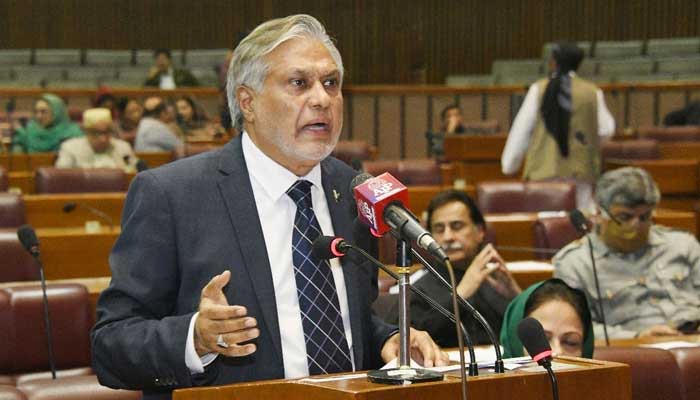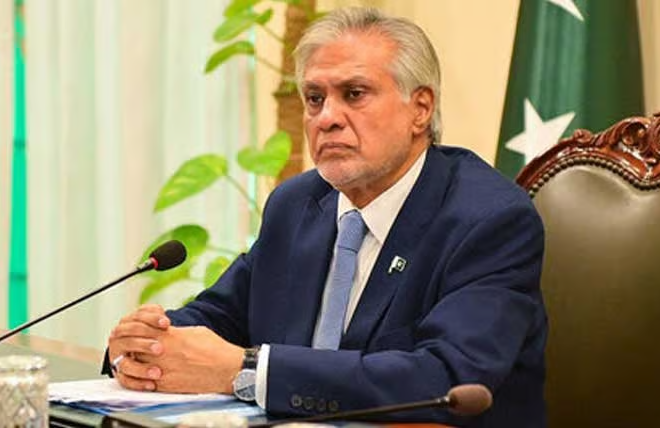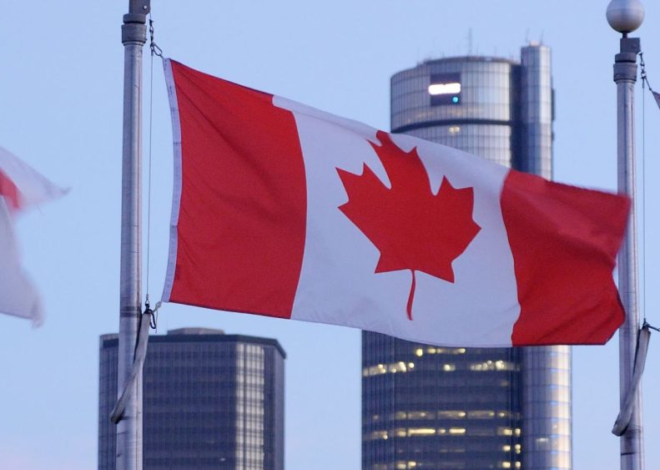
Highlights of Pakistan’s Budget 2023-24 presented by Ishaq Dar

Pakistan’s Finance Minister Ishaq Dar presented the budget for the fiscal year 2023-24 (FY24) on Friday, June 9, 2023, in the National Assembly. The total outlay of the budget is Rs14.46 trillion, according to the minister. The budget is being keenly watched as the government is caught between a painful fiscal adjustment reforms agenda set by the International Monetary Fund (IMF), and to make room for any relief to the people ahead of a national election scheduled in early November.
Some of the highlights of Pakistan’s Budget 2023-24 are:
– The government has set a non-tax revenue target of Rs2.7 trillion and the Federal Board of Revenue’s (FBR) tax collection target at Rs9.2 trillion.
– A sum of Rs1.8 trillion has been proposed for defense.
– The government has proposed to provide Rs5.27 trillion to the provinces in the federal budget.
– The government has targeted a GDP growth rate of 3.5% for FY24, which is higher than the projected growth rate of 0.29% for FY23.
– The government has announced a 66 percent hike in the discretionary budget of parliamentarians, a decision that might push the cash-strapped country towards a looming default due to shrinking foreign reserves.
– The government has also announced various relief measures for the public, such as increasing the minimum wage, reducing the sales tax on some items, and providing subsidies on electricity and gas bills.
The budget is expected to sail through in the absence of opposing voices, as the opposition parties have boycotted the session. However, the budget faces many challenges, such as getting the IMF on board, which is critical for Pakistan to unlock other bilateral and multilateral financing to avert a debt default.
The country missed almost all of its economic targets set in the last budget, most notably its growth target, which was initially set at 5pc, and revised down to 2pc earlier this year. Foreign exchange reserves have dipped below $4bn, according to State Bank of Pakistan (SBP) data. Inflation posted at 38% in May is the highest in Asia.
The government has no fiscal space to introduce popular measures that will win its votes or a stimulus to spur flagging economic activity, with limited avenues for raising revenue in the short term and domestic and international debt obligations continuing to mount.







